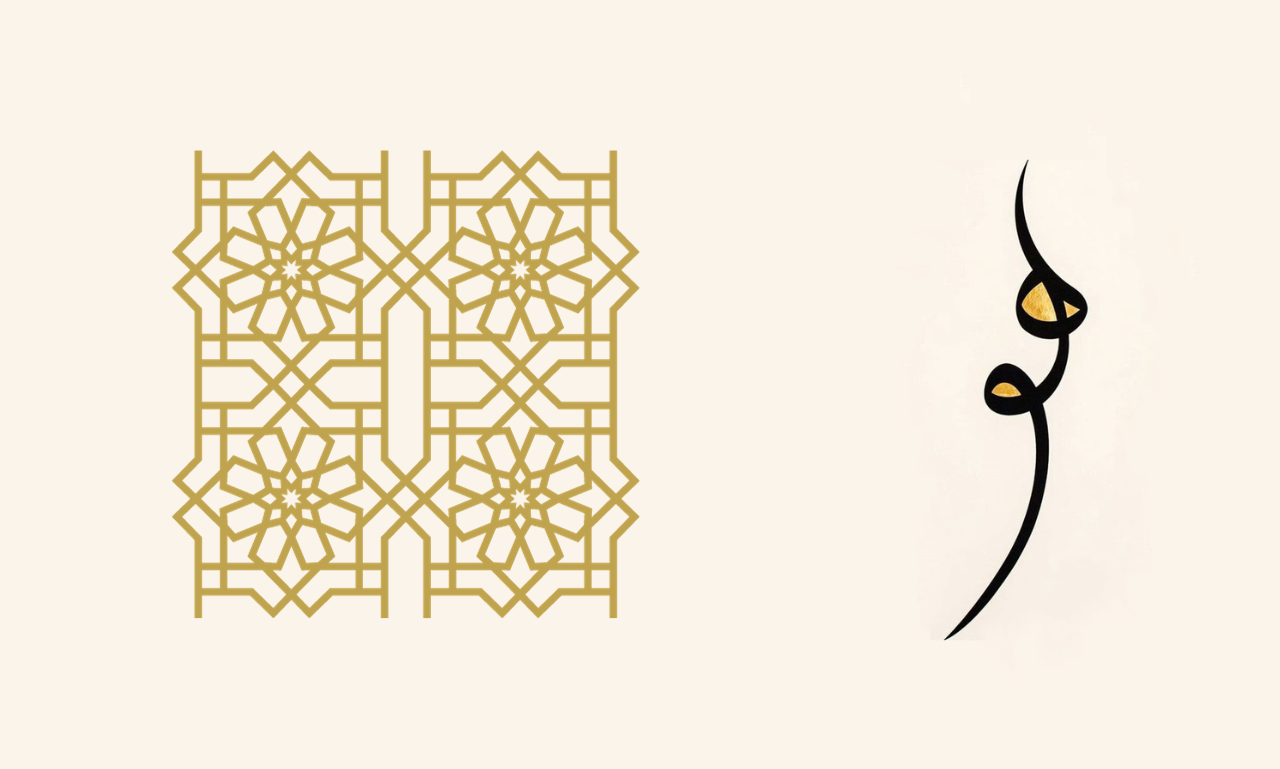
Unveiling the Divine beyond Gender
In the vast expanse of religious beliefs and practices, Islam stands as a pillar of faith, guiding its adherents towards a life of submission to the one true God, Allah. At the heart of Islamic theology lies the concept of tawhid, the absolute oneness of God. This concept asserts that Allah is the sole creator and sustainer of the universe, transcending all limitations and imperfections.
One of the key aspects of understanding Allah is recognizing Allah’s genderless nature. Unlike human beings, who categorize themselves as male or female, Allah exists beyond the confines of gender. This concept often challenges individuals accustomed to associating deities with human characteristics.
The Grammatical Context of Gendered Pronouns
The use of masculine pronouns in reference to Allah is primarily attributed to the grammatical structure of Arabic. The Quran was revealed in Arabic, and in this language, the word “Allah” itself is grammatically masculine. Additionally, the default pronoun for the third person singular in Arabic is also masculine.
This grammatical convention has consequently led to the widespread use of “He” when referring to Allah in both Arabic and English translations of the Quran. This usage remains consistent due to the limitations of linguistic translation and the adherence to the original text’s grammatical structure.
It is important to note that the use of masculine pronouns does not imply that Allah possesses any male characteristics. Rather, it is a reflection of the limitations of human language in expressing the transcendent nature of Allah.
The Importance of Recognizing Allah’s Genderless Nature
While the use of “He” is a convention in language, it’s crucial to recognize Allah’s genderless nature within Islamic theology. Assigning human gender attributes to Allah might result in misconceptions about Allah’s essence. Furthermore, this attribution can potentially undermine the core principles of tawhid, the oneness of Allah, central to Islamic beliefs.
Verses such as Quran 6:103 convey the idea that human comprehension cannot fully encompass Allah:
No vision can grasp Him, but His grasp is over all vision: He is above all comprehension, yet is acquainted with all things.
Al An’am 103
Here is a table of the Arabic pronouns for the third person singular:
| Pronoun | Gender | English Translation |
|---|---|---|
| هو (huwa) | Masculine | He |
| هي (hiya) | Feminine | She |
| هو (huwa) | Universal | It |
The use of the masculine pronoun “huwa” extends to serving as a universal pronoun, applicable to anything irrespective of gender. Hence, despite Allah’s transcendence beyond gender, “huwa” is employed to refer to Allah.
Embracing the Beyond
Understanding Allah’s genderless nature requires a shift in perspective, moving beyond the limitations of human comprehension to embrace the vastness and transcendence of the divine. It is about recognizing Allah as the supreme being, beyond the confines of human concepts and categories.
In conclusion, the genderless nature of Allah is a fundamental tenet of Islam. While the use of masculine pronouns is a grammatical convention, it is crucial to recognize that Allah transcends human gender limitations. Embracing the genderless nature of Allah is an essential step towards a deeper understanding of the divine and a more profound connection with the Creator.
Last modified: 28/11/2023
